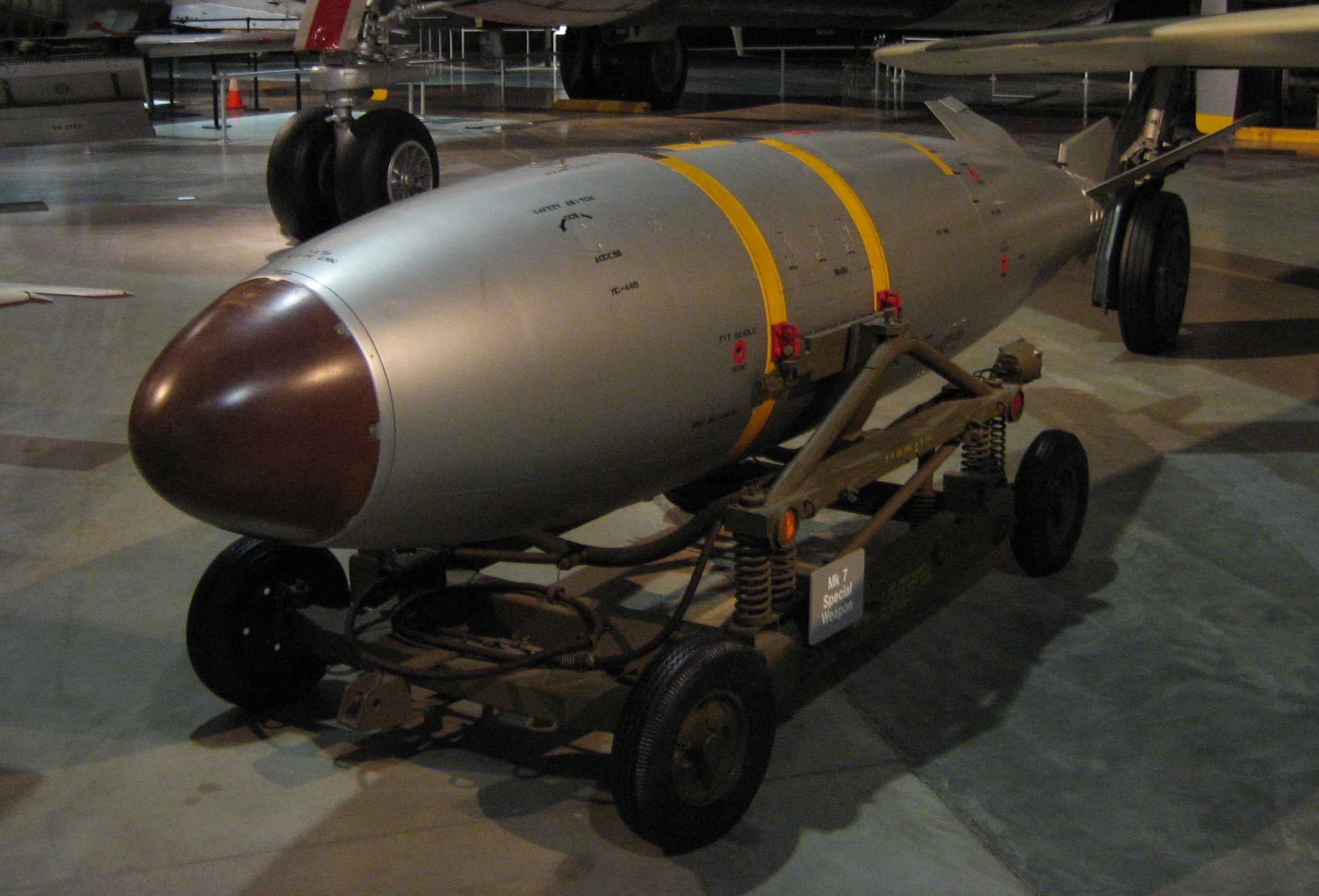This is a hard question to answer because of the complexity in trying to predict the future. We have some idea of what international security challenges we may face in one, five, and even ten years time, but further than that our predictions become educated guesses. We tend to place trust in our decision makers to make well-informed judgements that will place us in the best position possible well into the future. However, when it comes to major decisions that will affect this nation for the next 50 years – such as the renewal of the submarines for the Trident nuclear weapon system (one of the largest and most expensive investment decisions that faces the United Kingdom) – we cannot afford for it to be taken lightly. Our responsibility as a public and civil society is to ensure that we are asking the right questions and keeping the debate as well informed as it can be so that our political decision makers are making sensible decisions for our future. That is why on Wednesday this week BASIC will be co-hosting an event with WMD Awareness to talk about Trident – specifically looking at the question: are nuclear weapons cut out to meet the security challenges of the next generation?
Last week BASIC published the long awaited concluding report from the Trident Commission, our independent cross-party Commission established in 2011 to examine the British nuclear weapon system. The conclusions in the final report from the Commission were not pleasing to everyone, but one thing that should be taken away from the Trident Commission process and some of the questions facing the UK’s nuclear future is that sometimes not all of the answers can be black and white. This was especially so on certain areas where the Commissioners could not come to a cohesive agreement – one area in particular was the issue of continuous at sea patrolling for the submarines.
To address the question of whether nuclear weapons will (or can) meet the security challenges of the next generation, the Commissioners reviewed a range of global security issues that we may be faced with in the future, including “major power shifts, huge population pressures, climate change, persistent and visible problems of poverty and inequality, terrorism and transnational crime, conflict and state failure” and concluded that the UK’s nuclear deterrent is irrelevant to almost all strategic threats and it is important to for the Government to be clear about which threats the nuclear deterrent is assigned to. The Commission report clarified further: “Nuclear deterrence is only relevant to strategic threats that emanate directly from a state with significant military capabilities and unpredictable intent that is capable of being deterred from, and then desisting from, carrying out that threat against the UK.”
This conclusion isolates nuclear weapons by putting them in a class of their own. However, nuclear weapons sit firmly within a broader web of long term international challenges spanning economies, technology, global trade, energy security and safety, international relations, security, environmental degradation, public health and poverty, justice and governance. These weapons affect the way that states interact with each other on a global stage. The inequality of the have and the have-nots can freeze power relationships in a manner that deepens resentment, threatens proliferation, and undermines essential global co-operation on these other imminent and perilous global security concerns. Therefore, while nuclear deterrence may be up for the job of deterring relevant strategic threats, the continued possession of nuclear weapons and reliance on deterrence affects other areas of global development and security – for this generation and for the next.
Some of these concerns may surface at the United States Department of State’s fifth annual Generation Prague conference on Thursday of this week. This contemporary conference series has been built on discussions involving and concerning the “next generation”. It has worked to engage university students and professionals on President Obama’s Prague agenda on what nuclear non-proliferation means to them and to examine contemporary solutions to proliferation-related challenges. This year’s conference is focused on the expanding role of technology in addressing international security threats. While it remains to be seen how much of what is discussed at these conferences translates into policy, it is a major step for the State Department to be hosting these forward-looking conferences and attempting to engage new and creative ideas to get past existing frustrations in the nuclear weapons debate.

